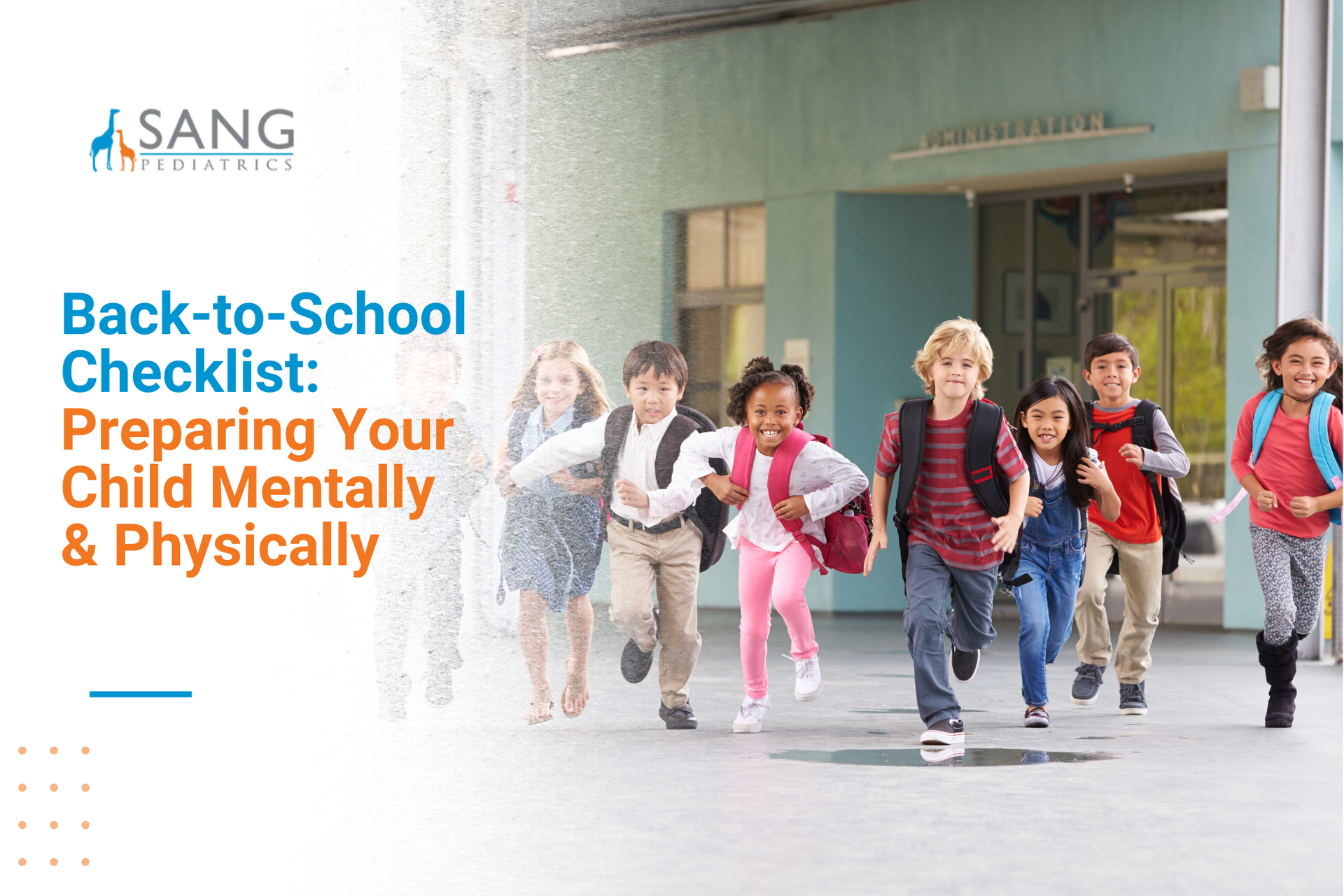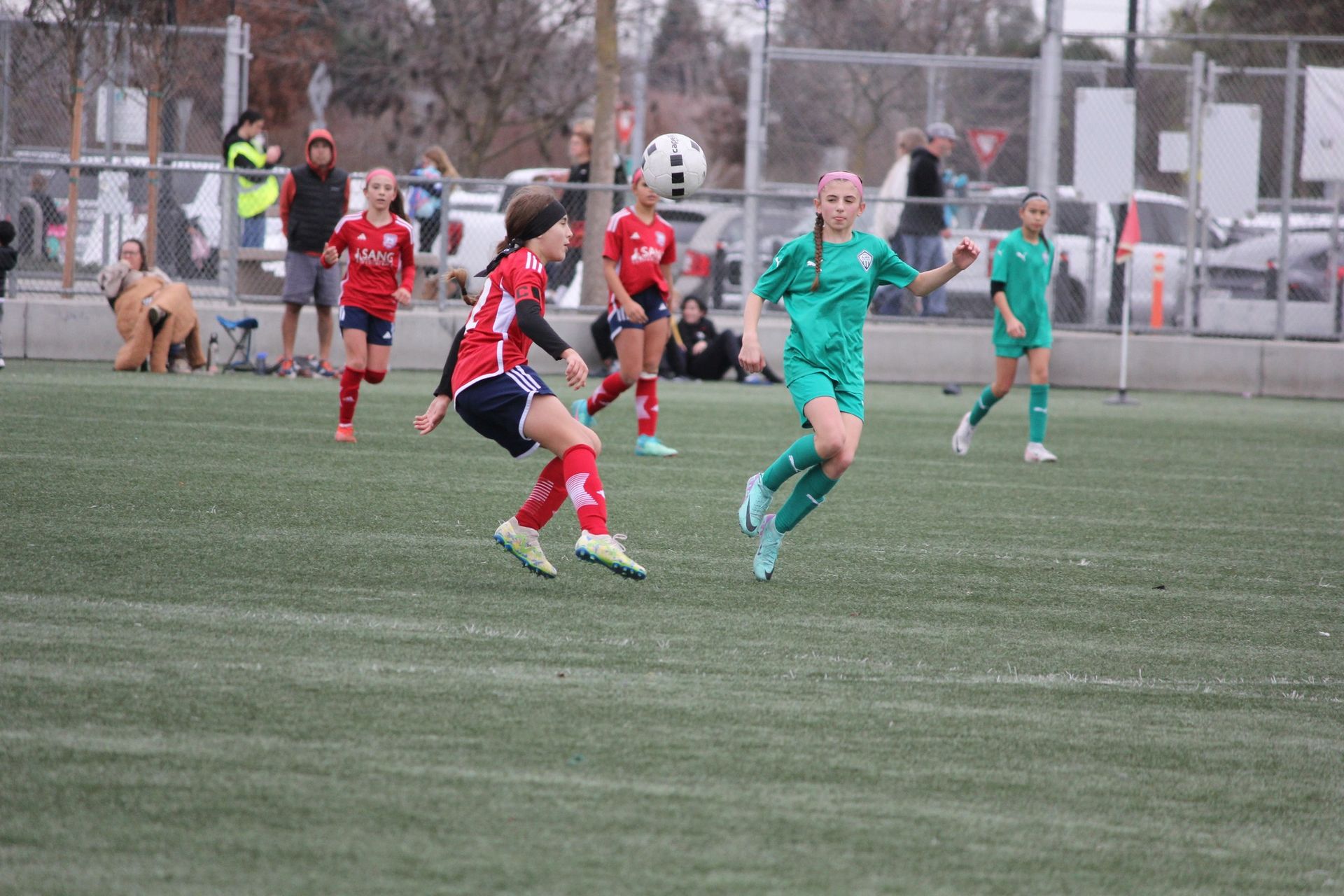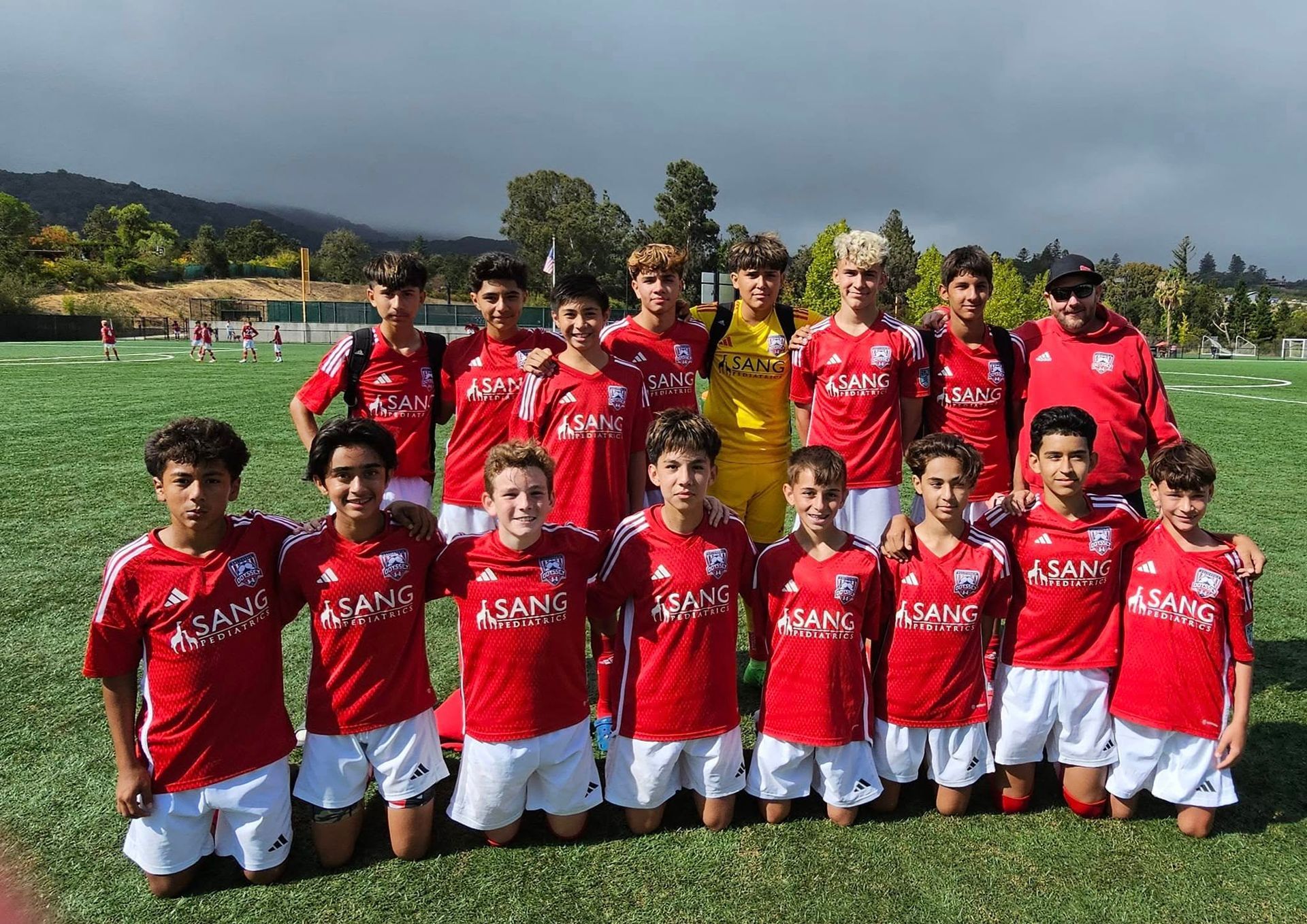How Do You Tell If a Baby Is Hungry or Wants Comfort?

Firstly, babies don't have many ways to tell what they need. It doesn't matter if the child is hungry, hurt, or lonely and needs comfort; he doesn't know what time is, so all of these things are just as important to him now.
So, when your baby needs something, they open their mouth and make the only sound they can communicate with, crying.
So, until your child learns other ways to communicate when your baby sucks on their hands or cries, you want to understand their actions to meet their needs better.
We know that a crying baby prompts the parents to act in ways to display comfort, prepare for feeding, or check the baby's wellbeing. Distinguishing if you have a hungry baby or just a baby that wants you to comfort them can be challenging, especially for new parents.
How Do You Tell If a Baby Is Eating or Comfort Nursing?
It will be beneficial to learn to differentiate between your baby needing to eat for comfort or hunger. For parents, you never want to feel like you're not meeting your baby's needs, so it's natural to want to nurse or bottle feed them to soothe their cries. Still, there are ways to tell if the baby is actually hungry or wants to suck on the breast nipple or bottle nipple for comfort.
Further, your baby will communicate his hunger or need for comfort to you in various ways, from subtly hinting to making immediate demands.
Cues That Tell the Baby Is Hungry
How do you tell if your baby is hungry? To better illustrate, be mindful of these cues:
- baby sucking on hand or fists
- turn their head toward your breast
- Calm and wide-eyed after a nap
- Rooting with a strong, nutritive suck
- Continuous crying after comforting them with cradling, rocking, or a diaper change (this is a late hunger cue)
- Opens and closes mouth
When your baby is hungry, you need to respond to their cues. Stretching, becoming more active, and putting their hand to their mouth are all familiar mid cues or signs that tell they are hungry.
Babies will make extreme efforts to let you know they are hungry if these mid-cues don't result in a nursing session.
They will scream and cry. Babies will move their arms and legs all over the place. Their faces will turn red with frustration. These are signs that it's too late to feed; by this time, the baby is usually too upset to focus on eating. So, you'll have to calm them down as you administer food to them.
You can help keep feedings calm and effective as soon as you see signs that your newborn or infant is hungry. It's much easier for a baby to focus on eating enough when they aren't using all their energy to show how they feel.
Signs That Your Baby Wants to Nurse for Comfort
One method to feed your baby and provide the nutrients they need to thrive is breastfeeding. Still, frequently, the breastfeeding relationship goes beyond serving as a mealtime. Nursing can be a ritual that feels calming and safe to babies. The special connection between the mother and child soothes the baby and mother by the release of oxytocin also known as the “love hormone”.
Of course, babies sometimes just want to feel as close to their parents and won't reach for the breast because they are hungry. This is frequently referred to as comfort nursing or breastfeeding for comfort. You can easily get into this habit, especially if you aren't sure if your baby is eating or just nursing or if you just want to comfort your baby quickly.
Your baby is only nursing for comfort nursing when you see these signs:
- Flutter sucking, slowing down, stop sucking, or making little sucks.
- Still and looking into space while nursing
- Holding the nipple in their mouth but not sucking for milk
- Rooting and sucking lightly at the breast
- Arching and grabbing ears
- At the end of a wake window, sucking hands or fists
- Eyebrows arched/eyes rubbed
- Crying could mean that they're too tired.
Other Ways to Satisfy Babies Who Only Want Comfort
If you think your infant or newborn is just nursing for comfort, there are other ways to make them feel better.
- Swaddling is a way to hold a baby that feels like nursing.
- If your baby wants to chew, give them a pacifier.
- Making them rock
- Cuddling the baby
Nonetheless, if you're worried they'll stop breastfeeding because they use a pacifier, a study found no indication that this is the case. In fact,
pacifiers are linked to reduction in Sudden Infant Death Syndrome (SIDS)
Try different things, and you'll find out what your baby likes best.
How to Know When Your Baby Is Full
When some parents ignore a baby's hunger cues because they think the baby is just looking for comfort. The little one might not get the needed milk!
Learning the signs if your newborn is fully fed is to know if you are nursing a hungry baby or one that only needs to feel better. It's important to let your baby nurse until they are completely fed.
You should be aware of these signs that say they are already full:
- The baby lets go of your breast or "falls off."
- The baby moves away from your mouth.
- The baby lets its body loosen up and opens its hands.
Further, if your baby finishes eating from one breast and seems full, burp your baby and change their diaper (if needed), then offer the other breast. If your baby doesn't seem interested or doesn't want to latch on, he may not be hungry anymore. Some babies may eat from both sides at each feeding, while others may only feed from one side.
Seek your Pediatrician's Advice
Get in touch with Sang Pediatrics right away to obtain additional parenting tips on effective ways to care for your baby. You can also subscribe to our blog.
We provide the
best pediatric care in Fresno, California. Contact us at (559) 268-1737 or make an appointment online.












